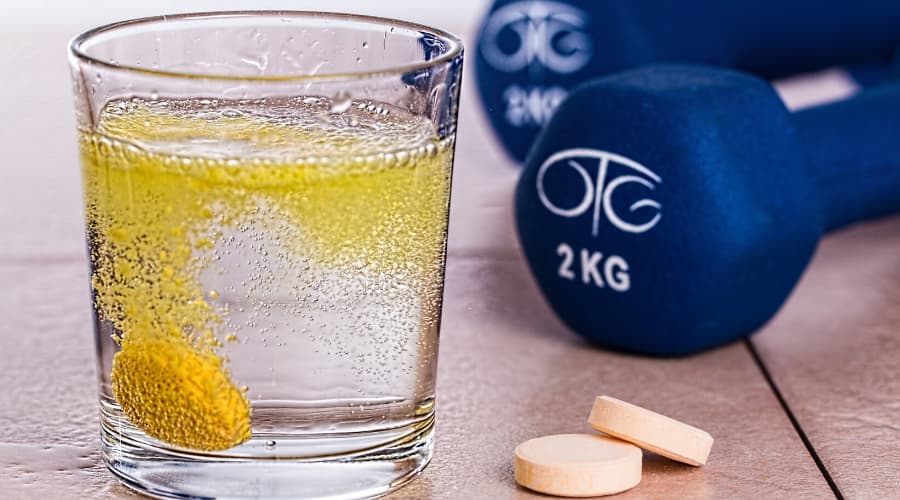
Categories
Should You Use Nutrition Supplements?
Opinion is hugely divided when it comes to supplements.
People in some quarters will tell you that they’re a waste of time and money and you can get all that you need by eating a varied diet. Others would have you believe that a life without supplements is destined to be a sub-par one.
So who’s right?
I think there’s some truth in the argument that soil degradation and modern food production practices means that we get less nutritional benefit from our foods.
I think it’s probably also fair to say that modern living also places bigger demands on our systems and thus increases our requirement for certain nutrients. If we agree that this is the case, I think there is basis for the use of supplements. When the basics are in place.
Don’t overlook diet
A good and varied diet will take most people a long way. And it makes no sense to me when people eat like shit and take supplements. It’s arse-backward. The clue is in the name. Supplements should be used supplementary to a good diet, not to paper over the Domino’s induced cracks.
Get the basic principles in place before you start fretting over supplements.
I’d argue that food quality comes before supplements. Eat the right foods in the right quantities and make a concerted effort to choose these foods from better sources. You know, grown up eating.
Once you’ve been eating like a grown up for a period of time, supplements might be worth considering, but probably not before.
The basic supplements that I use and would suggest regular people consider are:
- Probiotics – I take one a day
- Vitamin D – I take 5,000IU daily during the winter (I have tested my levels)
- A greens drink – I use a greens powder mixed with water first thing
- Omega 3 fish oil – I take 2-3g daily, when I remember (I forget this sometimes)
- Whey protein – I’m not a massive meat eater, relatively, so I occasionally use whey protein if I need to top up my protein levels
I don’t think most people need to concern themselves with pre and post workout supplements. Although, I train for prolonged periods six days per week so I also use a specific night-time recovery drink, which I find helps.
Given my training load I should probably also consider a zinc and magnesium supplement, but I don’t take one currently. I do have an Epsom salt bath weekly, mind.
That’s it. Nothing fancy. Most of my focus is on eating good meals. Supplements are the icing on the cake.
We help our members with a nutritional programme that works for them, if you’re struggling, give us a shout at our gym or try out our personal training and we’ll help you work out a plan that suits you.
Related Articles
- Should I Take Supplements?
- Which Supplements Do You Really Need?
- Not All Protein Supplements Are Created Equal
- Are More Expensive Supplements Worth It?
- Which Whey To Go?


